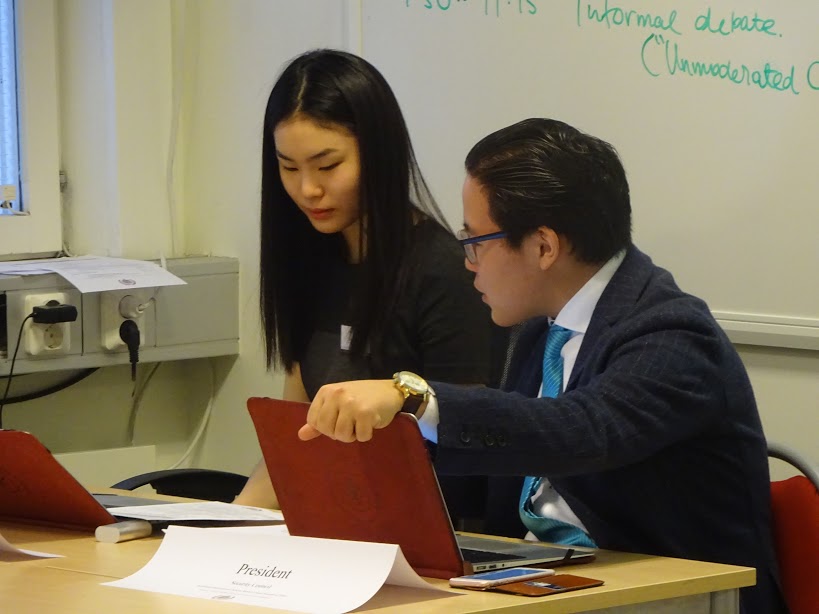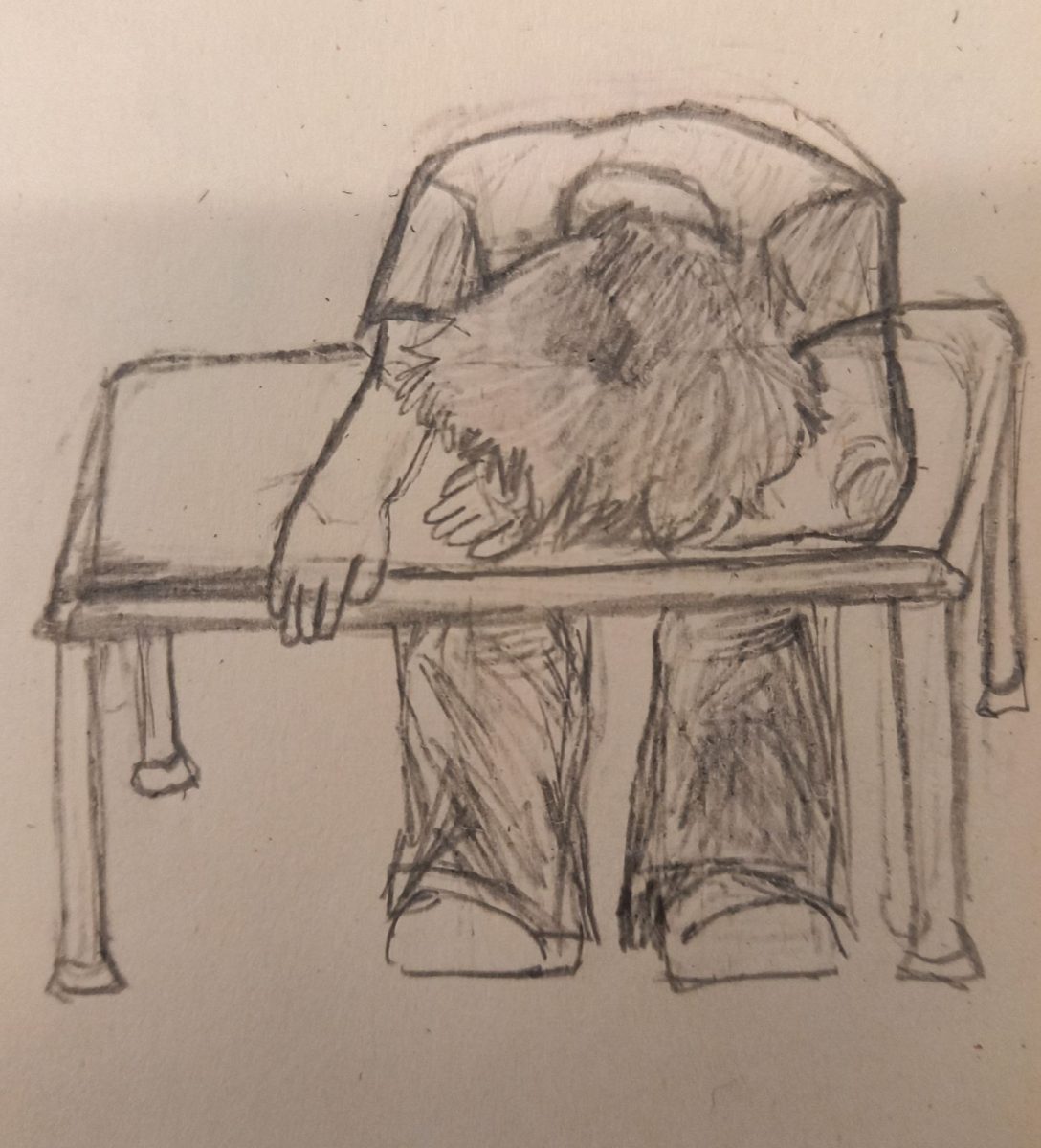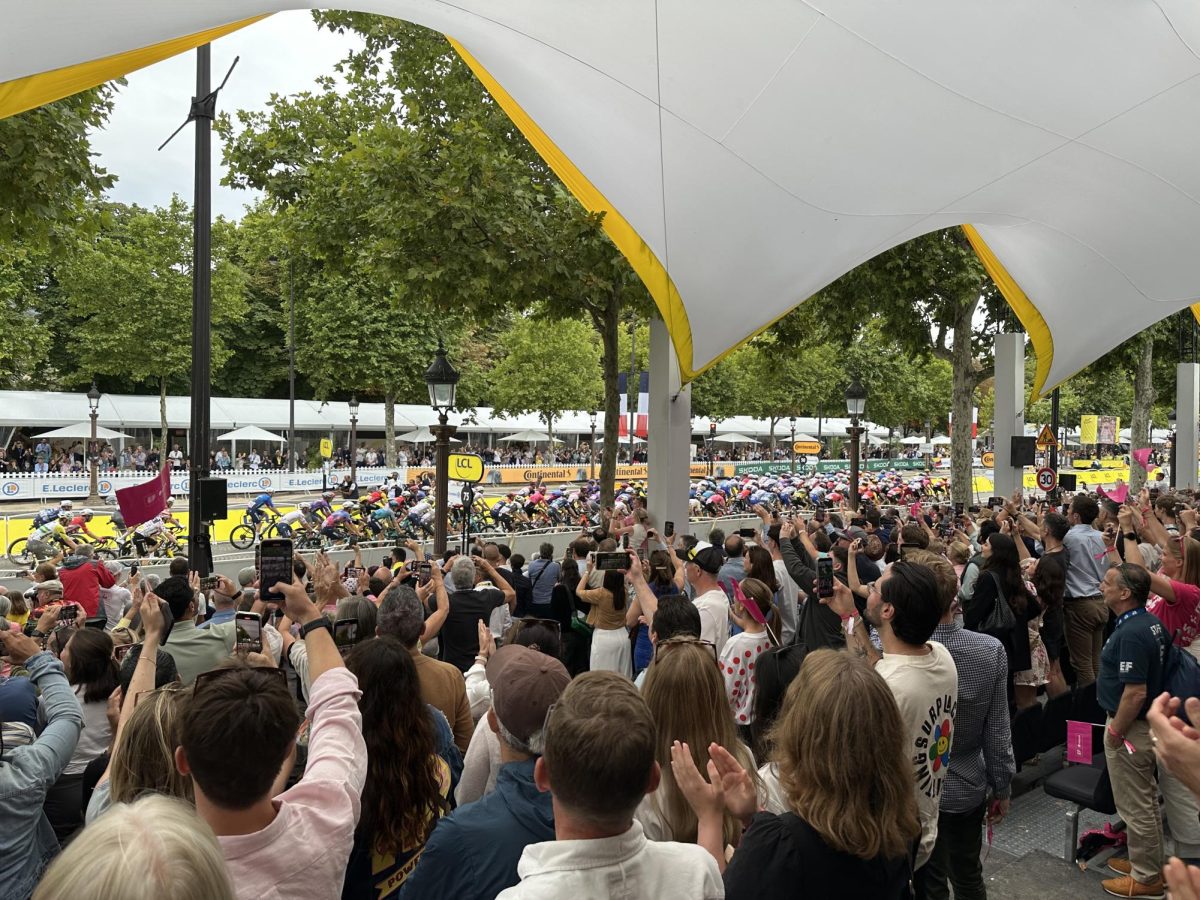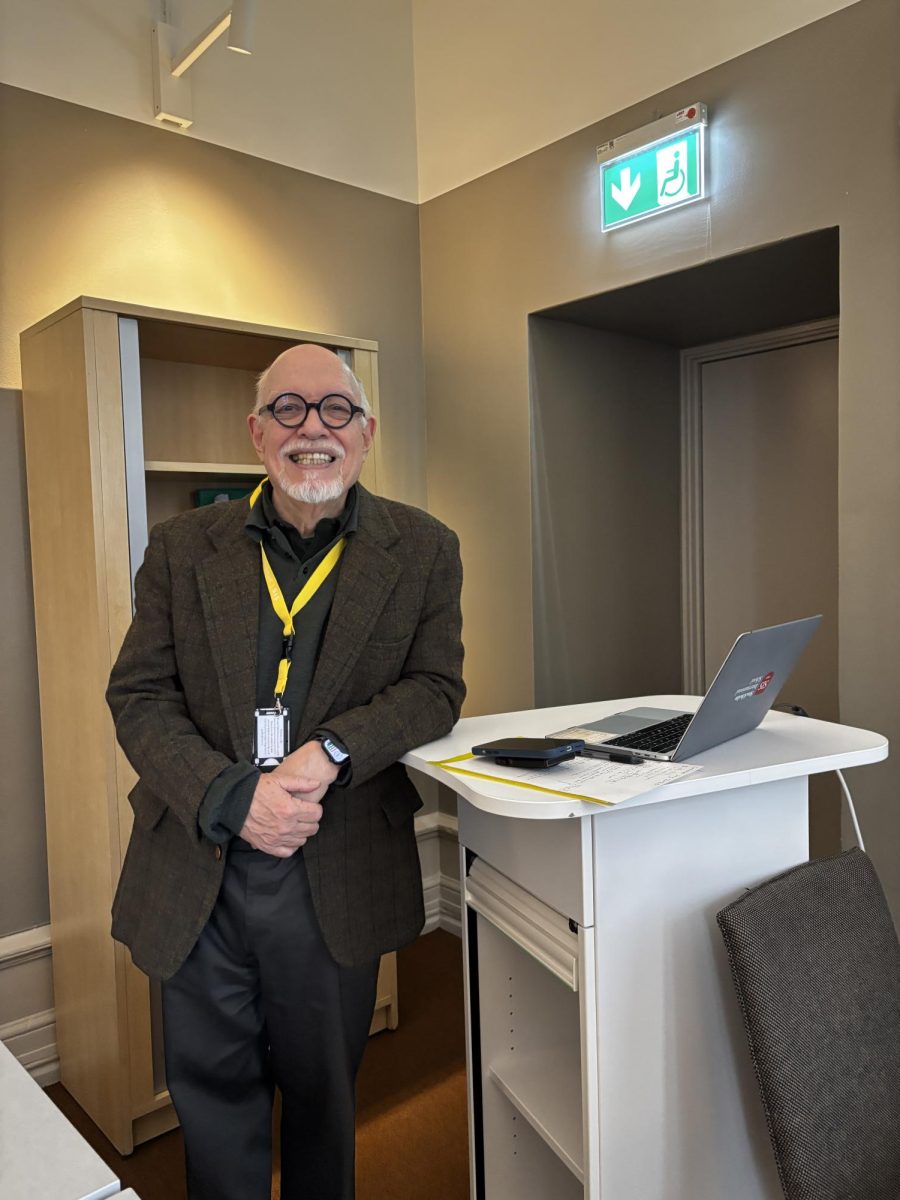Delegates Discuss Diseases
February 12, 2016
News is pouring in and the topic of diseases seems to be engaging and interesting the student delegates.
Security Council A
The Security Council, led by presidents Axel and Ayleen, began with a short introduction before the delegates were given a short break and the committee session started. Many delegates showed prominent signs of pre-session nerves, and tensions were running high as there were many first time delegates in the room. Several head delegates were not present, and the delegates that had been left on their own were stressing in order to finish the opening speeches that their peers had started. As the committee session started, opening speeches were presented, and you could clearly see which delegates were prepared since they delivered strong and confident speeches. The committee session then resulted in a stalemate, as no delegate felt ready to have a debate on the floor, before the delegation of Brazil was given time to finish its opening speech. A debate was then started between the delegation of Nigeria and the delegation of the United States of America. The Presidents then recognized different delegations to be added to the speakers list, and a fruitful debate followed. After a short break at around 11:10, the debate started again and the delegations presented different clauses and they were voted on.
Reporter: Felix I.
Security Council B
In the security council delegates discussed the best solution of preventing and treating infectious diseases. The delegates began by giving short opening speeches about each of their countries’ stances of how to prevent and treat infectious diseases. As delegates began their formal informed session, the delegation of China and Jordan fell head over heels for an intense debate over the best solution concerning the Olympic Games which are being held in Brazil. Jordan strongly believed that it was important to cancel the Olympic Games for the protection and security of the people from the high risk diseases present in Brazil. However, China countered with the idea that cancelling the Olympic Games would only cause a downfall for the economic state in Brazil as the country invested large amounts of funds in this event.
In the committee session, the delegates began arguing about how Lower Income Countries should be funded with medical equipment, scientific examinations, and education. After this debate, delegates began forming alliances in order to write resolutions in an attempt to find solutions which prevent infectious diseases. The countries formed two different alliances, most of them residing with South Africa and Nigeria. These clauses urge countries to found international organisations such as the IMF in order to fund education for any age group citizens residing in rural and poorer areas. 4 out of 5 of these clauses successfully passed and all countries apart from China approved the entire resolution.
Reporter: Sophie B.
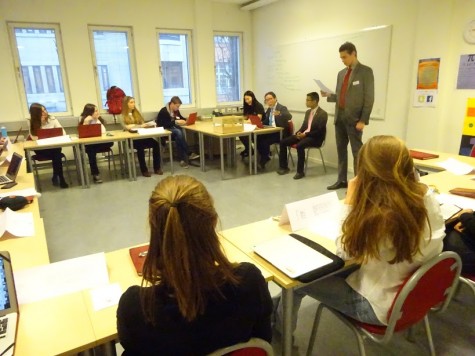
Official MUN Photographer
Security Council C
After a short break we had a formal debate where we discussed the clauses that have been proposed as well as voting which one that goes through. After the formating of the document the group started the voting procedure, voting clause by clause. Each clause that was proposed had to be represented with an argument supporting it, this would help the country to see their clause go through. After the voting as a group we decided on a resolution. In conclusion the main point within the resolution was that with the outbreak there was going to be a formation of an emergency response organization that would help the countries that are in need, the organization would help with peace keeping troops and other aid.
Reporter: Phillip S.
Economic and Social Council C
The goal of the Economic and Social Committee (ECOSOC) is to create a plan for the outbreak of diseases. After a formal roll call is was confirmed that all countries but the delegates of the UK were present and therefore UK’s opinion will not be considered. The delegates of the different countries have discussed how their countries can help to prevent the outbreak of disease. The day proceeded with caucuses presented by China, India and South Africa. The different countries in the committee discussed their view in an informal manner of how we can prevent spread of diseases. After a seventy-five minute intense discussion and debate between the countries, the clauses were presented. After having no participant for the UK, Mr. Boswell joined the UK to give their perspective on this particular issue, however no clauses were submitted or co-submitted by the UK. The clause submitted by China was passed and co-submitted by South Africa, Jordan and the USA. It reads ‘’China to invest in the Indian pharmaceutical market for vaccines to boost the production of vaccines. As a return China receives equity from the revenue made from these vaccines.’’ The second clause that was passed was submitted by India and co-submitted by China. It states “Encourages exchange programs between India and South Africa, India will provide doctors and vaccines, in exchange South Africa will offer natural resources.” The third clause that was passed was also submitted by India and co-submitted by South Africa. “Encourages exchange programs between India and South Africa, India will provide education for doctors and vaccines, in exchange South Africa will offer natural resources.” The fourth clause that passed was submitted by Venezuela and co-submitted by South Africa.
“Encourages:
- increased trade relations between South Africa and Venezuela,
- lowering trade barriers with countries outside of the Southern African Development Community”
After arguments for and against the different clauses from counterparts four out of the eight clauses were passed by the ECOSOC committee – Disease.
Reporter: Jacob E.
General Assembly A
An interesting debate is forming around antibiotics overuse during the moderated caucus.
The United Kingdom and India agree that health professionals as well as the people must be more educated and a better understanding. Brazil says that people buy antibiotics without a doctor’s prescription so educating doctors even more would only cost money. South Africa says that it would be better to use stronger medicine, while Nigeria wants the UN to give them money for research. Venezuela has doubts if Nigeria will use the money for a good purpose. The United States brought up the fact that antibiotics are being used on livestock. India agrees with the United States that antibiotics for livestock should be controlled because the people that eat the meat get the antibiotics in their body. China disagrees.
Delegates are moving into the unmoderated caucus, and resolutions are being written.
The final resolution states:
Educating doctors and people about antibiotics and limiting the supply. Developing countries should receive help for medical research. The government should control the spread of diseases, and spread global awareness.
Reporter: Mina J.


